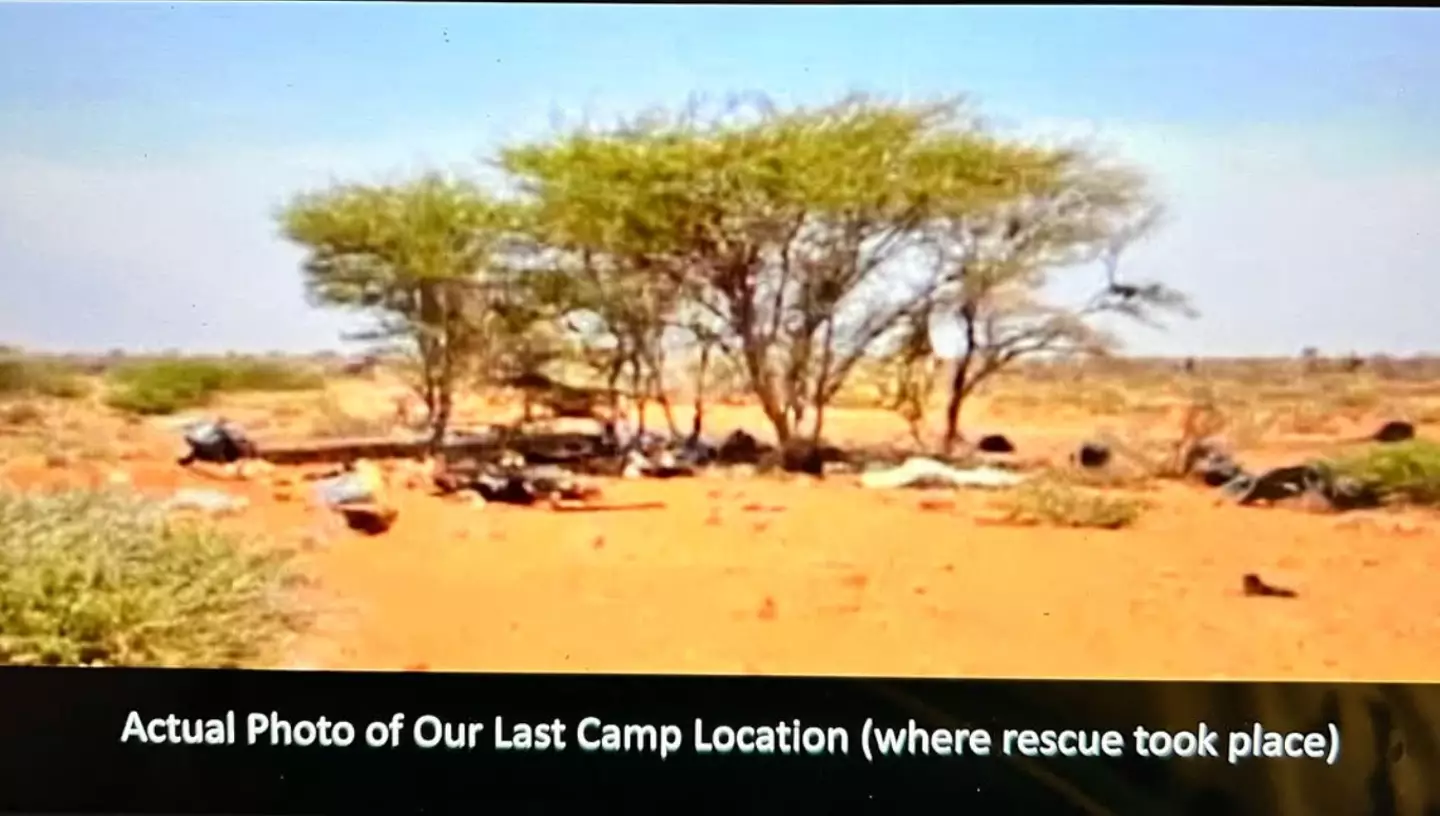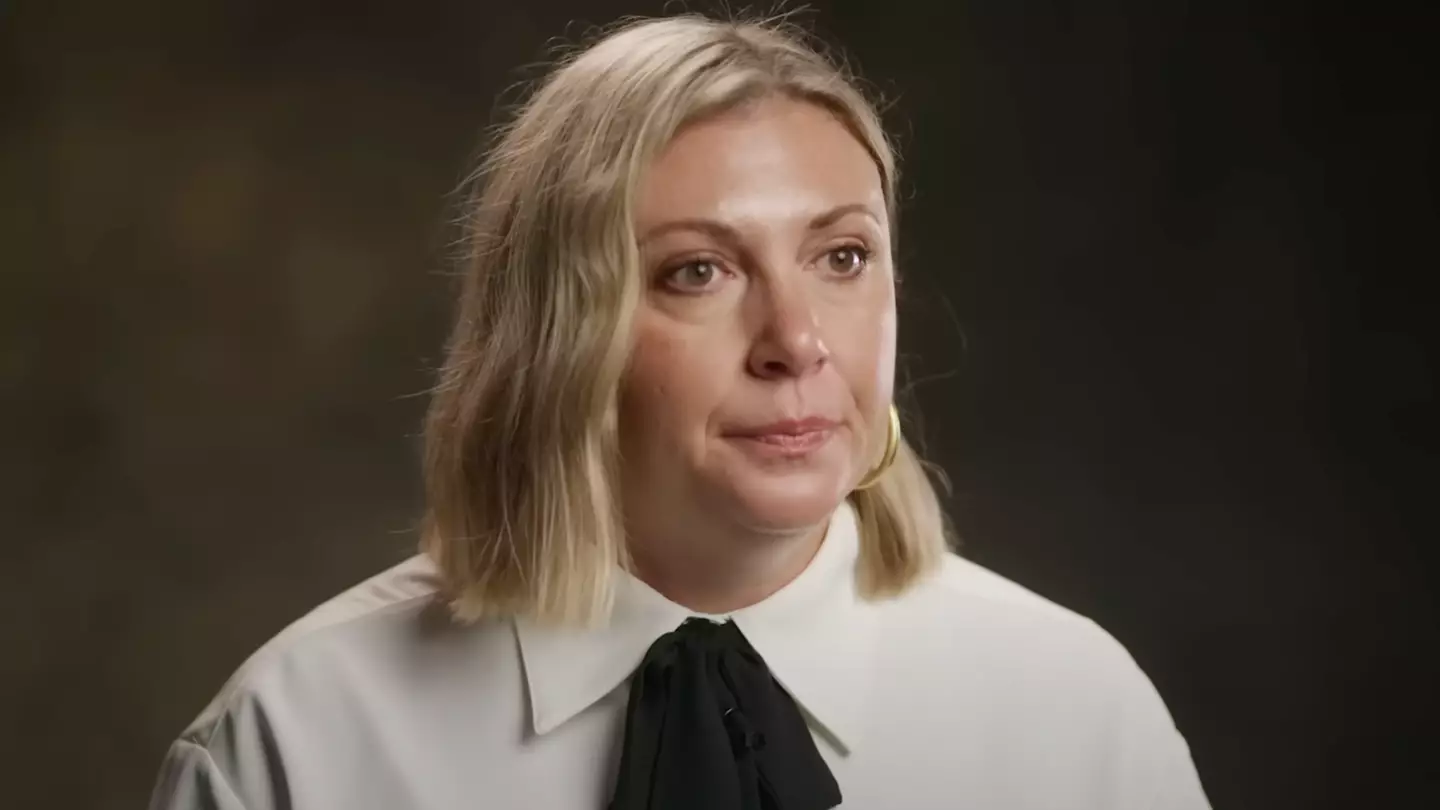A teacher has recounted the harrowing ordeal of being held hostage for 93 days and encountering an 11-year-old armed with a gun, participating in the family’s kidnapping and ransom business.
Jessica Buchanan is among the rare individuals who have survived a three-month captivity and lived to recount the experience.
At 32, Buchanan, an American from rural Ohio, was kidnapped by Somali pirates while residing in Hargeisa, the capital of Somaliland, a self-declared independent region in northern Somalia.
During her work as an international aid worker, she was abducted on October 25, 2011, while on a staff mission in southern Galkayo.
She was present to conduct a three-day training program, having twice delayed it due to an unsettling intuition.
“We’d had it planned, and I just didn’t feel good about it. I had this gut feeling that something was off,” she shared with LADbible Group. “I followed all the necessary security protocols with the security advisor, checked all the boxes, and did everything required. Everyone said it was safe to go down, and I thought, what are the chances of something bad happening?”

Despite completing the security checks, her convoy was ambushed on the way back to the guesthouse. Armed men in police uniforms captured Jessica and her 60-year-old Danish colleague, Poul Hagen Thisted, forcing them south.
The two were moved between vehicles throughout the night.
“They separated Poul and me at one point,” she recounted. “Later, in the pitch darkness, I heard a high-pitched voice and thought, is there a woman involved? That would be unusual, especially in Somali culture where genders are usually segregated.”
Curiosity got the best of her, and she discovered a small child, around nine years old, with belts of ammunition and an AK-47. “Our eyes met, and he acknowledged me with his chin, motioning for me to turn around,” Jessica said. She later learned his name was Abdulahi, an 11-year-old who had already killed three people and was learning the family’s kidnapping and ransom trade.
Jessica’s immediate goal was to survive the first 48 hours, a tactic from her humanitarian aid worker training.
In the initial days, a man named ‘Abdi’, dressed in Western attire unlike his peers, appeared to be in charge. After reuniting with Poul, they inquired about their fate and whether they would be killed.
“‘We just want money’,” she recalls Abdi saying.
They were stunned to learn that both the Danish and US Governments were asked for a combined $45 million for their release.
Jessica explained: “They were operating on this piracy standard of seizing container ships in the Indian Ocean, and we kept trying to explain, ‘We are two humanitarian aid workers, not a container ship and a crew. You’re not getting $45 million for us’. That was incredibly scary and frustrating.”
As time went on, their captors started to torment them mentally, primarily Abdi, but Abdulahi also participated.

“Abdi relished toying with us,” Jessica recalled. “He would drive us to the airport in Adado, and we would hope, ‘this is it, the ransom’s been paid, they’re doing the exchange’. Then, he’d stop at the airport, look at us, wave his hand, and say, ‘wave goodbye, Poul and Jesses’, unless they got the $45 million, we’d never see the planes again.”
She continued: “He would repeatedly tease us, cruelly. The worst was with Abdulahi, where he would boss me around, wanting me to move two inches to the left just because he could. When I refused, he’d put a knife to my neck, and I’d think, ‘Okay, I guess I have to move two inches to the left’. I had to take orders from an 11-year-old child.”
As time progressed, while enduring harsh, unsanitary conditions, Jessica fell seriously ill with a urinary tract infection.
She made her last ‘proof of life call’ to the US on January 16, 2012, emphasizing her severe pain and need for medical attention, fearing she would die in two weeks without treatment.
Nine days later, chaos erupted at the Somali camp, as Jessica remembered: “I hear the night erupt into gunfire.”

“All I could think was, ‘oh my god, oh my god, we’re being kidnapped by another group, probably Al-Shabaab, and I’m not going to survive this. I don’t have the energy or strength to endure another group. I’m really going to die out here’.
“Suddenly, someone grabbed my shoulders and ankles, trying to pull the blanket off me. I tried to keep it over me, protecting myself, and I heard a young American man’s voice saying, ‘Jessica, it’s okay. You’re safe now’.”
In the early hours of January 25, on orders from President Barack Obama, 24 US Navy SEALS parachuted near the compound where Jessica and Poul were held captive.
Nine Somali pirates were killed in the rescue mission, while none of the SEALs were harmed.

